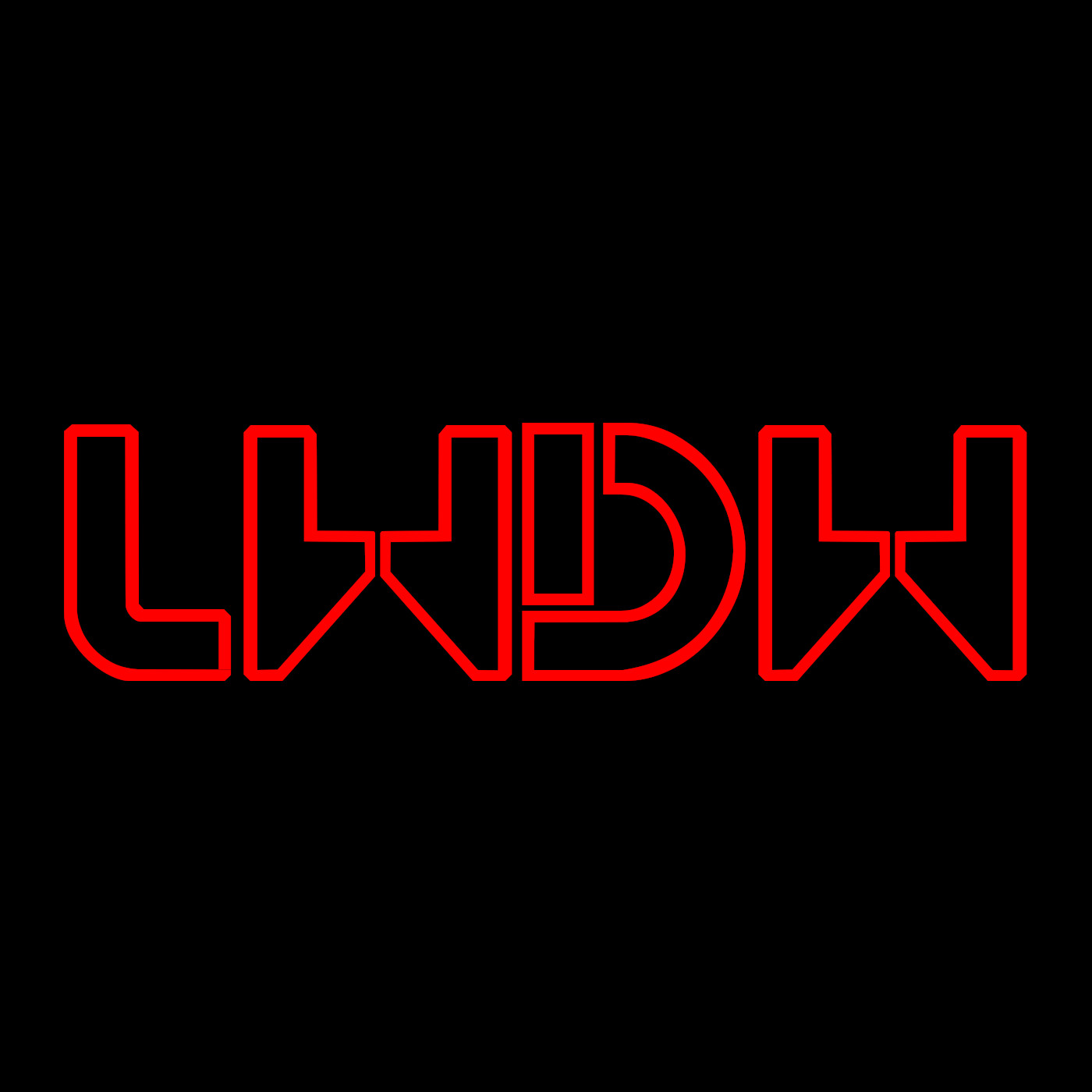Chromecasting with Firefox, radical GNOME icons, dual-screen LXQT, and macOS on a Raspberry Pi!
Subscribe:
Listen:
Download:
Subscribe Spotify | Pandora | TuneIn | RSS | More
Colour key – Venn Jill Pedro
- We have needed this for non webKit/Blink browsers for a long time!
- Need some extra jank in your chromecast experience?
- Boy, do we have the product for you!
- You know, this is good to have.
- I have waited for almost 2 years, and now CRT, or Cool-Retro-Term 1.1.1 is out with a major release with many bug fixes, updates and performance improvements.
- Cool-Retro-Term 1.1.1 definitely runs faster than it used to, even as an AppImage.
- Now includes support for system fonts so there are a lot more fonts to choose from.
- Right clicking will bring up the settings menu where you can change Profiles, screen brightness, fonts, effects etc.
- I often use the vintage Monochrome Green template, and turn off scan lines (Glow Line) and Flickering to make it easier on the eyes.
- It’s a neat project but something you install, play with for a minute, and go back to a normal terminal.
- I once tried to setup a session of just cool retro term in fullscreen mode.
- Then I realized it ate through my laptop battery and it didn’t support tabs or multi terminals without tmux.
- It was right back to terminator for me.
- Two years of upstream (qtermwidget) terminal fixes
- Big performance improvements (and lowered resource consumption)
- New shiny (literally) frame
- System fonts support
- Countless under-the-hood improvements and fixes
- This is the perfect use case for Scalable Vector Graphics: Creating a smaller file size, but yet can be scaled to any size without loss of quality.
- Now with the new GNOME App Icon Redesign you will only need to make one full color icon and a monochrome symbolic icon, instead of making 7 separate raster icons.
- That’s great! Can we have a flat paper-y looking icon theme that isn’t paper or papirus, please?
- By all means do the SVGs but I personally never go above 64px size.
- People spend time looking at their Desktop and icons, yes, this baffles me to no end.
- This feature used to be turned on by default in Firefox, but since Firefox 50 you now have to turn it on in about.config or use the “Show your windows or tabs from last time” option in General Startup Settings to restore your tabs.
- That was always one of the features I disabled in Firefox, though I did end up pinning tabs every now and then when they introduced that feature.
- Opera 58 will warn you before closing an Opera window with multiple tabs open.
- Russian users now have integrated Yandex Zen, a smart, personal news recommendation service.
- This is one of my favorite updates: “Fixes for virtual screens (multiple monitors), especially regarding desktop updates.”
- Multi-monitor support has always been an issue in LXDE, and I was so looking forward to LXQt fixing this.
- Now has desktop shortcuts for Computer, Network, User Directory, Trash etc., and the Trash icon is interactive and supports trashing by drag and drop.
- It would be very nice to see LXQt get some more advanced features.
- But before those can be implemented, it needs a stable base.
- Interactive Desktop icons??? Ick!
- History-based tab switching added to qterminal.
- Just remember, if you play a game while running awesome, send icculus your bug reports.
- Especially when gaming spanning 3 monitors in AwesomeWM! Some games work and some don’t ;-D
- Nice addition of a widget that allows you to change layouts easily.
- Awesome is a unique window manager in that it is dynamic and highly configurable and lives in the world between a tiling window manager and a full screen one, via changing to many different layout profiles.
- Benno Rice points out that Systemd is really a modern day container of applications, and that the next generation “doesn’t think about systems in the same way; they see things more in terms of APIs and containers.”
- I have always looked at Systemd as a sandboxing of the init system, of mounting filesystems and starting daemons, as a positive. Mostly because it was a unique approach to unify service configuration and it was something “different.”
- And mostly because of how all encompassing it is, it raised a bunch of concerns for many different people.
- And Poettering being Poettering, he basically dismissed everyone else’s legitimate concerns with SystemD like he did with pulseaudio.
- Both technologies have now received major adoption from the Linux side of things, so clearly Lennart Poettering gets the last laugh.
- The catharsis in tragedy is usually that of the audience, here it’s of the writer himself.
- I pick my battles nowadays and this was not one of them.
- I like options and there will continue to be sysd free systems for those opposed.
- Rice is right, the world is indeed changing.
- We can either go with that change or try to resist it; one path is likely to be more rewarding than the other.
- Now, let focusing on picking a winner of package wars II.
- It sends MIDI data over USB or MIDI data over a 3.5mm stereo (TRS) jack.
- I see this as an inexpensive way to making the sounds of a Minimoog, in analogue form, instead of with software.
- This will work with Korg and Arturia MIDI standards so you can connect it to your DAW be it Ardour, Bitwig or the like.
- These are used for, well, what the one sitting right here on my desk is used for.
- Controlling volume / anything in the DAW that has a knob.
- Fader banks gonna fade.
- $50 for the board and $14 a pop for the faders make this critter come in a little under $300 for parts.
- The killer is the Alps faders are not motorized :(
- It’s a neat project but if you are looking for bang+buck the Behringer X-Touch is $300 /w motorized faders, two banks, and a gang of buttons and knobs.
- Knobs.
Slice of Pi
- The Advanced Mac Substitute, a Motorola 68000 series emulator project that runs Classic Mac apps and games without the OS has been released.
- AMS is kind of like a Mac Classic version of WINE.
- A lot easier to get up and running then Basilisk that requires a Macintosh ROM image and a copy of Mac OS to use with the emulator.
- They are looking for people in the community willing to help with the project, as it is still in an early stage of development.
- This idea of emulating the hardware itself, while dodging firmware and other underlying software, is very good!
- Do it right and you could end with an Electron style wrapper for running old software.
- Current support includes 1-bit-deep graphics, regions, circles and roundrects, lines, cursors, GrafPorts, text, windows, controls, menus, dialogs, and more.
- Unlike traditional emulators, Advanced Mac Substitute doesn’t emulate the hardware on which an operating system runs (except for the 680×0 processor), but actually replaces the OS — so it launches directly into an application, without a startup phase.
- Well we just had an update to classic Pi, now how about the Computer Module!
- The Compute 3+ module is $25 without flash, $30 for 8GB eMMC storage, $35 for 16GB eMMC storage, and $40 for 32GB eMMC storage.
Feedback
Dual
https://linuxgamecast.com/bradley/?zgPFAyD
Audio
https://linuxgamecast.com/bradley/?1F8xccl
- Ya don’t need a mixer.












